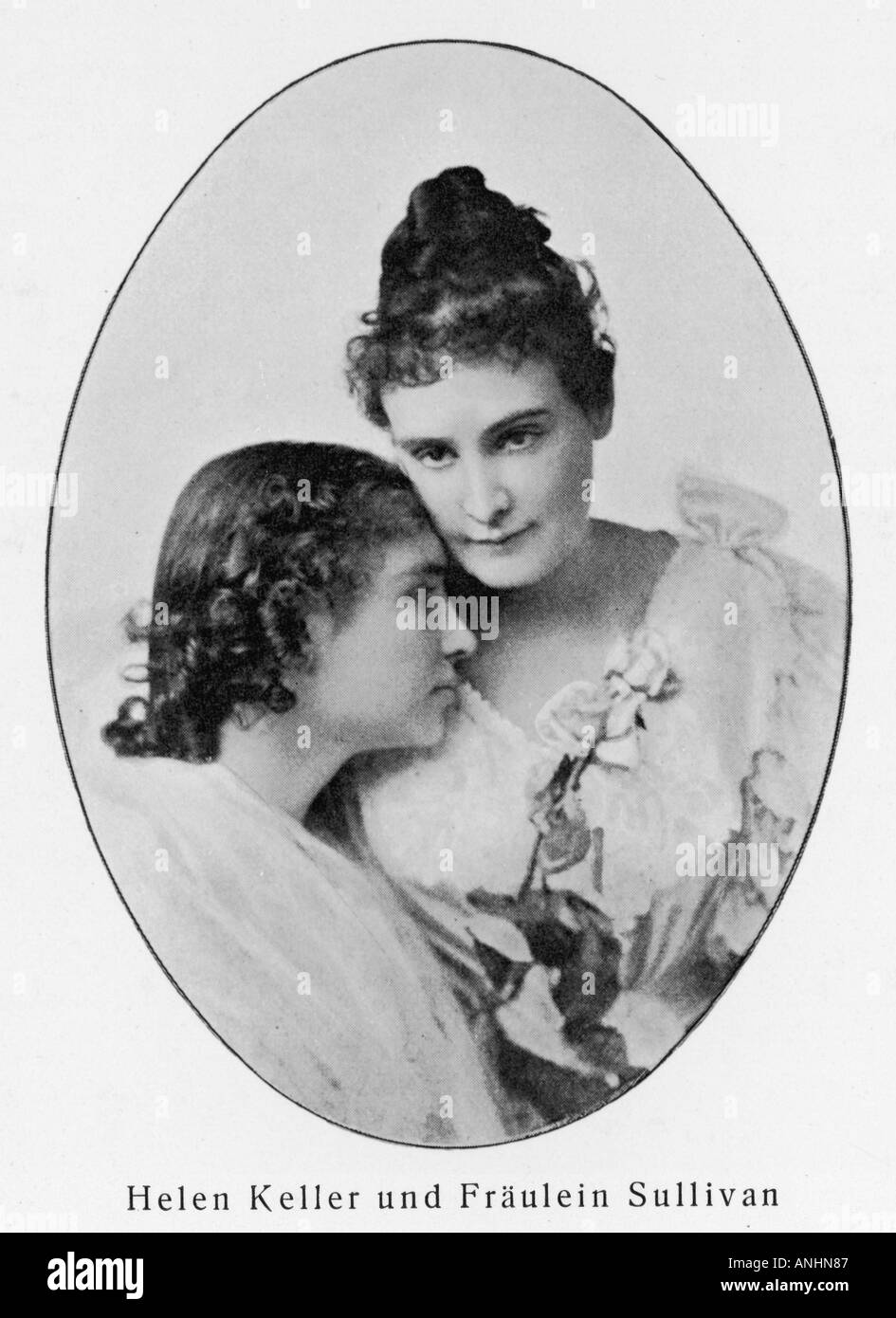

It was the only place where Annie and Jimmie could play with each other without being called off or shouted at by fearsome old women. And there was indeed one small little place off the side of their ward, where nobody dared to go but the doctors. But they couldn't shoo them if they weren't even in the room. The little children had nowhere to play, for nurses and important people were crowded round the corridors, and many bustling matrons were always shooing them out of all the rooms. Only two of these meant anything to Annie, and anyhow, she didn't care much if she had no friends. They were both taken to the women's ward, where plenty of blind, grumpy old ladies sat in their beds, furious and ashamed of themselves. Jimmie had a crutch by then, and frightened little Annie had such sore eyes everything just seemed to her like a blur of grey figures and blobs. So the two children were sent off to Tewkesbury, to the poorhouse. With no wife to help, and, as a drunkard, Annie and her little brother's father had no hope for raising them, and they, to add on to the trouble, had nobody to look after them or anywhere to go.

Then her mother died of a tubercular throat, and gave birth to a little boy, Jimmie, who was born with a tubercular hip. She took many operations, constantly determined that they would help her poor eyes, but none of them worked, and she remained heartless with fear. I think if you wanted to read this book, take in your idea as an excellent one!Īnnie Sullivan was only a little girl when she became almost fully blind. I thought it was lovely, and usually, when I would groan at reading time, I found these particular reading times much more fun and enjoyable.

My mother read it to us, explaining any difficult phrases, sayings or words. A great read, only slightly hard for children under twelve, I would say.


 0 kommentar(er)
0 kommentar(er)
